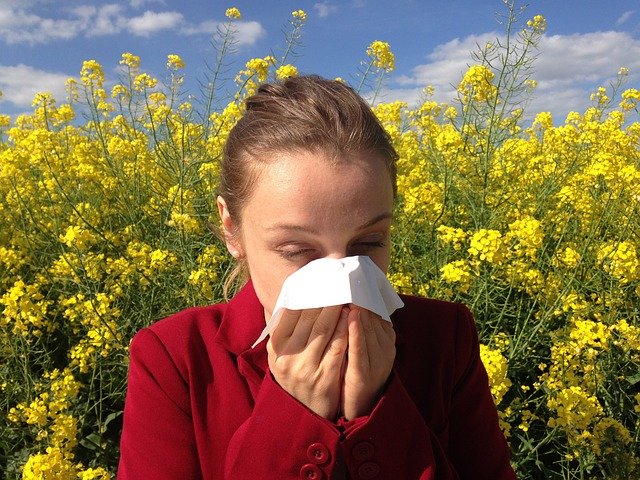If you are one of the 50 million Americans who are battling asthma, or one of the 25 million living with asthma, then, without a doubt, choosing recovery is a vital step in reducing the effects of your conditions. As stated in a study by E. Smith, alcohol, tobacco, cocaine, and heroin worsen asthma. “Life-threatening asthma attacks have been caused by smoking or snorting heroin. Smoking or snorting cocaine can lead to more severe symptoms and exacerbations of asthma,” the study states. Substance abuse also creates serious complications for allergies, including anaphylaxis, when taking opioids or other offensive substances. Eliminating drugs from your system will undoubtedly bring alleviation, but one question remains: can symptoms of allergies and asthma actually worsen during recovery?
Stress During Recovery
Stress is not only a trigger for relapse, but also for symptoms of allergies and asthma. The relationship between stress and addiction is complex. Stress is impossible to avoid in daily life. However, during recovery, it can be particularly intense, with so many thoughts, worries, and plans on your mind. Embarking on the steps necessary to get your life in order is a stressful process, that can include the difficult task of cutting ties with former social networks that may not be beneficial to your recovery goals. Knowing how stress can affect allergies and asthma can serve as motivators to keep cortisol (stress hormone) levels down. There are various natural, effective ways to do so, meaning that stress isn’t an insurmountable obstacle.
Stress, Allergies and Asthma
Losing access to the addictive substances you once relied on can cause stress, since you can’t use these substances as a means of avoiding the unpleasant emotions, thoughts, and sensations that stress causes. A study by D. Ninabahen has shown that stress does, indeed, have an effect on allergic conditions. Stress can make skin more reactive to allergens and enhance allergic inflammatory responses. Prenatal stress can alter autoimmunity and increase a child’s chances for developing various inflammatory diseases, including allergy and asthma. Stress in early childhood also links to the tendency to develop allergic disease.
Stress can Make Allergy Attacks Longer
A study by researchers at Ohio State University has shown that stress doesn’t just spur on an allergy attack; it can also make a bigger allergic reaction and result in longer-lasting symptoms. This is the case even when stress and anxiety are only ‘slight.’ Lead researcher J Kiecolt-Glaser explained, “people who were highly anxious had wheals (allergic reactions on skin) that were twice as big after they were stressed compared to their response when they were not stressed. Moreover, these same people were four times more likely to have a stronger reaction to the skin test one day later after the stress.” The researchers found that delayed reactions also occurred in those with allergic asthma — in certain settings, this effect can be life-threatening.
Taking Steps to Reduce Stress
Stress reduction is key during recovery from substance abuse, especially if you have allergies and asthma. Peace of mind is vital in coming to terms with a new routine and embarking on your strategy to reclaim healthy routines. This can be hard to achieve if you are having uncomfortable allergy symptoms. Mindfulness meditation, controlled breathing, and yoga are three powerful activities found to significantly lower levels of stress hormone, cortisol. Back up mindful activities with optimal cleaning techniques so as to reduce allergy and asthma triggers. Dust mites and roaches exacerbate asthma and allergies. They can be kept at bay by cleaning regularly with a powerful steam cleaner, keeping the home and food well sealed, and ensuring plumbing is up to scratch.
Getting to the Root of Stress
There are many ways that can help you identify your main stressors. Keeping a journal as part of cognitive behavioral therapy can help you identify thoughts, emotions, and behaviors that may result in a stressful response to persons or situations. Art therapy can also help you discover and discuss difficult emotions, including possibly ambiguous feelings about quitting drugs and/or alcohol. With the help of a professional team, you can learn to reduce reactivity and choose the way you negotiate the typical stressors that arise in daily human life.
Allergies and asthma can improve greatly during substance abuse recovery, since toxins in drugs and alcohol can be triggers for uncomfortable or even painful reactions. However, recovery (especially the initial stages) can involve psychological stress — and this in turn can worsen allergies and asthma. Holistic activities and therapy help combat the effects of stress. Slowly but surely, a combined approach can help people with allergies and asthma feel better and more motivated about life.


